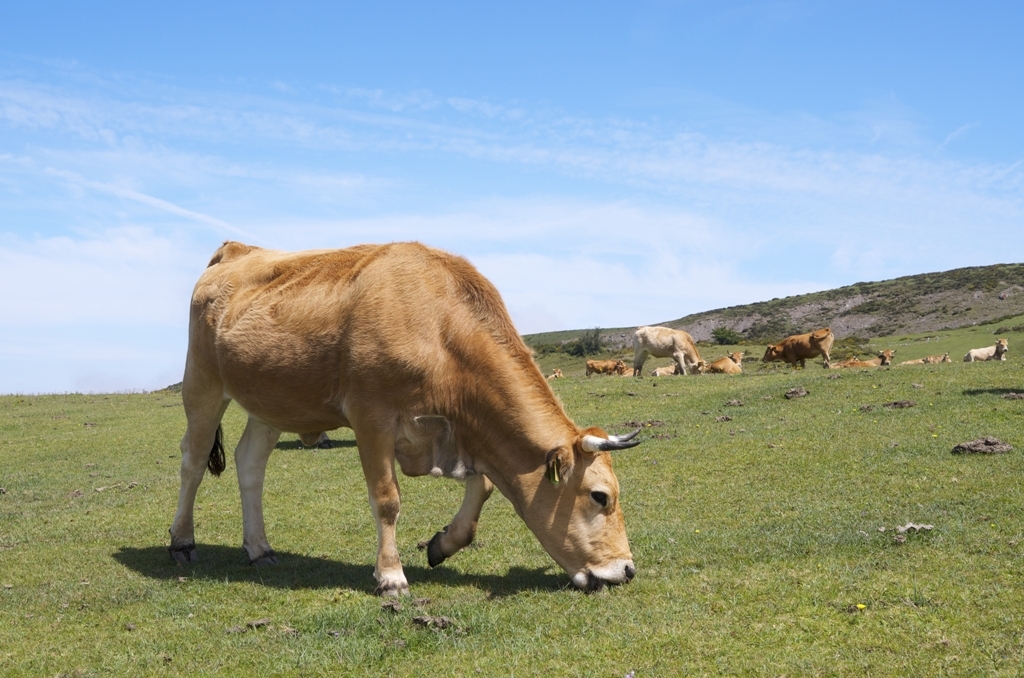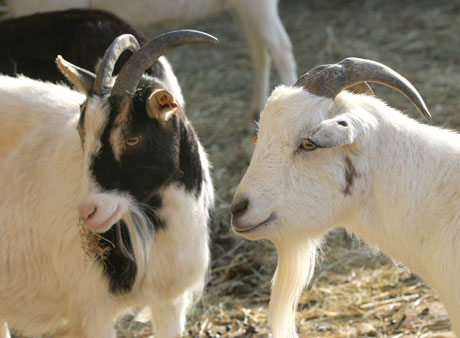The answer to this question is demonstrable and measurable. Currently, all livestock professionals in Europe are subject to legislation based on knowledge derived from research on animal welfare. The World Organization for Animal Health (OIE) provides the following definition: “Animal welfare means how an animal copes with the conditions in which it lives. An animal is in a good state of well-being if (as indicated by scientific evidence) it is healthy, comfortable, well fed, safe, capable of expressing innate behavior and if it does not suffer from unpleasant states such as pain, fear and anguish. Good animal welfare requires disease prevention and veterinary treatment, adequate shelter, handling, nutrition, humane handling, and humane slaughter / slaughter. Animal welfare refers to the state of the animal; the treatment that an animal receives is covered by other terms such as animal care, animal husbandry and humane treatment ”.
In 1965, the universally recognized “Five Freedoms” were first enunciated and they remain a strong scientific reference point even today.

The Five Freedoms approach is the foundation of the European Commission’s Welfare Quality project. These freedoms describe the rights to which animals are subject, and are the responsibility of man, that is, to live:
- free from hunger, thirst and malnutrition;
- free from fear and anguish;
- free from physical and thermal discomfort;
- free from pain, injury and disease;
- free to manifest natural behavior.
A critical and remarkable point in this new approach is that it takes as a starting point the point of view of the animal, previously focused on the human perception of the visible pain and suffering of animals.
What is ‘natural’ is not necessarily ‘good’ when it comes to animal welfare, and free range systems are not the best by definition, just because the word ‘free’ resonates so powerfully.
Debates about animal welfare are often more complex than they appear. Taking a concrete example, most animal welfare lobbyists argue in favor of free-range housing systems. For farmers, veterinarians, and researchers, this is an out-of-perspective approach, because outdoor housing, despite its qualities, can also lead to increased disease pressure, increased mortality, and sometimes even health conditions. negative emotional emotions, for example, in herds of hierarchical animals.
Regardless of the type of farm, a healthier herd translates into better yields, so it is always in the farmer’s interest to ensure the good health and well-being of his animals.
What is ‘natural’ is not necessarily ‘good’ when it comes to animal welfare, and free range systems are not the best by definition, just because the word ‘free’ resonates so powerfully. We must not forget that the natural behaviors of animals include instincts such as dominance. The hierarchical nature of laying hens is, for example, the direct reason why the mortality rate is twice as high in open-air housing systems compared to enriched cages. For the animal that is free to be pecked by the dominant animals in the herd, a free housing system will not necessarily help to ensure good animal welfare.

As world leading animal welfare scientist Marian Stamp Dawkins notes: “Do captive animals want to do all the things their wild counterparts do, or do they find abundant food without hunting? The connection between ‘natural’ and ‘good’ well-being becomes something that must be established with facts by observing the animals themselves, not just by making romantic assumptions about what life might be like in the wild.
Regardless of the type of farm, a healthier herd translates into better yields, so it is always in the farmer’s interest to ensure the good health and well-being of his animals. Animal health is a prerequisite for animal welfare.
This relationship between the health and welfare of animals makes both concepts extremely important in livestock. And in practice, they are of equal importance, not only for animals, but also in a broader social context: the health and welfare of animals are important aspects of food safety and meat quality, as well as the public expectations.












